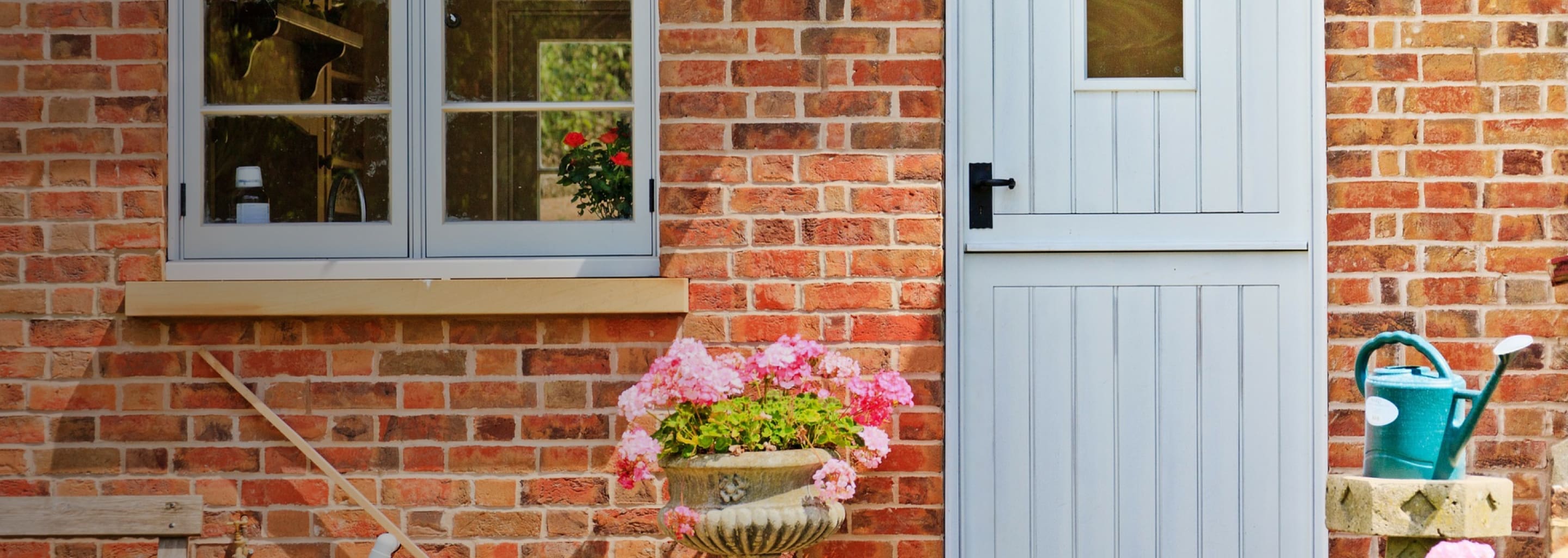
Mortgages Made For You
Your home is the most exciting investment you’ll make. With our advice, you’ll get the right deal to suit your needs and plans.
Mortgages tailored to suit you
Whether you’re a new homebuyer or a landlord, The Mortgage Centres are committed to finding you the best possible finance deal.
You’ll soon find that we’re not a standard broker – we offer advice and guidance through the whole buying and selling process. Whatever your experience or stage in life, we’ll have a mortgage service that works for you.
Moving Home
Moving home doesn’t have to be stressful when it comes to your mortgage. Our advisers can take you through it step by step.
Remortgage Advice
Are changes in your interest rate causing you to consider your options? Now could be the right time to look at a new deal.
Mortgages for First-Time Buyers
Buying your first home is an exciting time, but it doesn’t have to be daunting as well. We’ll help you through it step by step.
Buy-to-Let Mortgages
Investing in property to let out to tenants can create a great long-term return and give you a second income stream, but what is the right mortgage for you?
Equity Release Providers
Looking for a way to fund home improvements, cover care costs and clear debts so you can be comfortable in retirement? An Equity Release mortgage could work for you.
Bad Credit Mortgages
Finding it difficult to get a mortgage due to a bad credit score? We specialise in helping people overcome financial hurdles and get a home of their own.
Self-Employed Mortgages
Working for yourself shows you’re committed and self-sufficient, right? If only mortgage lenders saw it the same way. But don’t worry – we can work this out with you.
Shared Ownership Mortgages
Shared Ownership can provide a vital first step in homeownership, enabling people to move into a larger house than they might have expected to with the size of deposit they have.
Interest-Only Mortgages
An interest-only mortgage can be a great way to cut down payments over a set period. We have access to a wide selection of interest-only products from a range of lenders.
Right to Buy Mortgages
Ready to take the step from tenant to homeowner? We’ll show you the best mortgage deal, so you put your money into your home, not a landlord’s pocket.
Frequently asked questions
- What is a mortgage?
- How does a mortgage work?
- What types of mortgages are there?
- How long does it take to get a mortgage?
- What are the costs of getting a mortgage?
A mortgage is a loan designed for buying a property. This property could be a home, a rental property, or a property intended for business use.
You’ll repay the loan monthly over a set period agreed with the lender. As well as the loan amount, you’ll also pay interest on top. This is essentially a cost the lender charges you to borrow from them.
You’ll own the property while you repay the mortgage. However, if you fail to meet payments, the bank can take ownership of the property.
Once you’ve found a property you like, you’ll be able to understand how much you need to borrow. This will allow you to research lenders prior to your application. You can also use a mortgage broker if you’d like some assistance. They can help you find the right lender, as well as submitting a favourable application.
Once you’ve found the right lender, you can begin the application process. During the application you’ll provide the lender with a range of information about yourself, such as proof of income, ID, and deposit evidence.
Furthermore, lenders will do their own checks on you to ensure that you can make the repayments. In-depth credit checks will be carried out to ensure this.
Once they’re happy with all the contributing factors, they will make you an offer. It’s up to you if you wish to accept or decline it based on the terms.
Finally, if you accept, any legal work will be carried out by your conveyancing solicitor. As soon as this is complete, the funds will be released by the lender and you will own the property.
You may be surprised to know that there isn’t one set type of mortgages. Instead there are a range available, that all affect the terms and how you pay. Below we have highlighted the main types of mortgages we deal with:
Fixed rate
This is where the interest rate you pay stays the same for a set time period. This is typically between 2 to 5 years. As the rate doesn’t change, it can make it easier for you to budget. Furthermore, you’re not affected if the Bank of England base rate increases.
Tracker rate mortgages
A tracker rate is where the interest rate you pay is based on the Bank of England base rate. Your interest rate will be the base rate plus a small percentage on top.
Unlike a fixed rate, a tracker rate will fluctuate depending on the market. So, if interest rates were to decrease, this would benefit you. Remember though, if rates were to increase, you’d end up paying more.
Standard variable rate mortgage
This is the rate set by a lender and is basically their default rate. Standard Variable Rate (SVR) mortgages are typically classed as an expensive way to borrow money.
You usually move onto a SVR when your fixed or introductory rate deal ends. You can typically leave a SVR product whenever you want, meaning there’s no early repayment charge.
Discounted mortgages
A discounted mortgage is a reduced version of a lender’s SVR and is typically set over a 2 to 3 year period.
For example, if your lender’s SVR is 6.5% and you’re offered a 1.5% discount, your new rate is 5%.
Capital and interest mortgages
This is the most common repayment type and involves you paying back both the capital borrowed and the interest charged.
If all the payments are made throughout the agreed duration, you would have paid off the mortgage once the duration ends.
Interest-only mortgages
An interest-only mortgage does exactly what it says – this repayment type means you only pay back the interest on your loan. So, the actual loan amount will stay the same for as long as you’re on an interest-only plan.
This means your monthly payments will be cheaper. However, you’ll need to factor in that the loan amount remains the same.
Every application is different, therefore how long it takes will depend on the individual(s) involved. However, we can give you an idea of what to expect.
Typically, applications can take anywhere from 2 to 6 weeks. If you’re approved and offered a deal in 2 weeks, that would be considered a quick turnaround. On the other hand, if it takes close to 6 weeks, this would be classed as a longer turnaround.
When trying to get a mortgage there are a range of costs to consider, with some not applying to everyone. The most common costs to expect are:
|
Type of cost |
What is it? |
What is the typical cost? |
| Deposit | This is a percentage of the property value required by a lender in order for them to lend to you. | It’s hard to give an exact figure as this depends on the property value. However, as a minimum you should expect to be able to provide 10% of the property’s value. |
| Arrangement fees | A cost paid to the lender in order to obtain the mortgage. It’s typically a set price specified by the lender. | Typically anywhere from £100–£2,000. |
| Booking fees | These don’t always apply, but it’s a fee charged when applying for a product. | Can range between £100–£300. |
| Valuation fees | Your lender will require the property to be valued. Some lenders charge for this, others don’t. | Typically, £100–£1,500. It will largely depend on the property value. |
| Mortgage broker fees | If you choose to use a broker they may charge you a fee. Some have a fixed cost, while others charge you a small percentage of the mortgage amount. Some even take a commission from the lender. | If they charge a percentage of the mortgage amount, it’s typically between 1%–2%. |
| Conveyancing or Solicitor Fees | Some lenders may include this in their arrangement fees, whereas others require you to find and use your own. | Typically between £500–£1,500. |
| Telegraphic transfer fee | This small fee is a cost for transferring the money from your lender to your solicitor. | Usually around £50. |
| Stamp Duty | This is a tax paid to HMRC when you purchase a property. | The cost depends on the property value. You can find out what you owe with our stamp duty . |











